
At Taste of Cinema we’ll be the first to admit that the term “masterpiece” gets tossed around like so much confetti, often designated to films that are of the moment but lack any kind of longevity or lasting resonance (and this explains how high-profile Oscar winners like Forrest Gump, Crash and Green Book can initially win accolades only to be universally mocked once the honeymoon ends and a little distance helps clear the air). It’s with a little of that 20/20 hindsight that the following list has been met, looking back at recent cinematic history at the films that have left an undeniable and influential mark and yet, largely remain overlooked outside of niche audiences, often of fellow filmmakers.
The 10 films that follow were released in the 2010s and in the years since have proven their influence and artistic merit, guaranteeing startling reveals, original and/or reworked expressions and ideas that may well become your new cinematic obsession. Enjoy!
10. Beyond the Black Rainbow (2010)
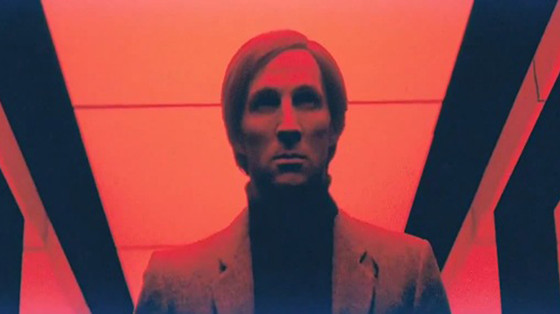
Beyond the Black Rainbow is an artful, experimental, and inspired visual feast that pastiches the seditious leanings of Mario Bava, John Carpenter, and a generous dash of David Cronenberg. Rarely are small-scale sci-fi films this adventurous and smartly surreal.
Set in the distant year 1983, writer-director Panos Cosmatos (Mandy) offers up a feverish, chimerical miracle of strange cinema, like an artifact from another era. Stylish to a fault, fantastic to the hilt, the story of a heavily sedated Elena (Eva Allan), cursed with ESP, desperate to escape the enigmatic Arboria Institute that keeps her captive.
The synth-driven score from Sinoia Caves adds immeasurably to the film’s appeal and helps make Cosmatos’s idiosyncratic, strange, and onerous emotional environment all the more arresting. This isn’t a film for everyone, but those that it will resonate with will cherish this dark, impending jewel.
9. High-Rise (2015)
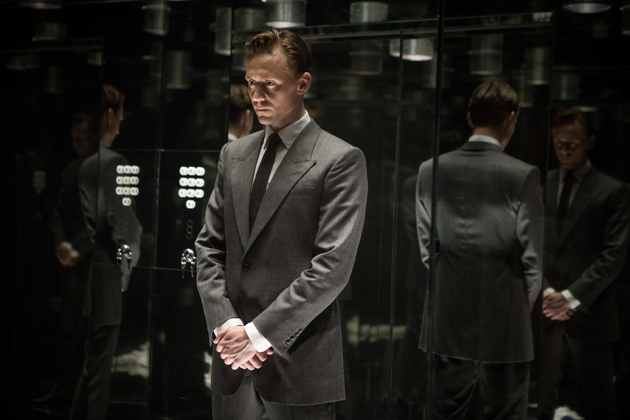
Adapted from JG Ballard’s unfilmable and stridently subversive 1975 sci-fi novel “High-Rise” details the doomed denizens of a 40-storey luxury building who, over the course of three scant months, revert to ferocious barbarity, explore Freudian textbook extremes, and propound poetic self-destruction.
One of the largest scale Ben Wheatley films of the 2010s (Free Fire had a larger budget but much of that went to the recognizable A-list actors), it was liberating for the filmmaker to, after several small-scale projects, stretch his legs in a studio and play around with Techno-cranes, gib-arms, steadicams, and all the stuff he previously couldn’t ever afford. And it was all put to great use in a film that, while as divisive as much of his previous work –– perhaps High-Rise contains one too many orgies and other depravities for the atypical audience –– was hailed by Varsity’s Kate Wilson as a “masterpiece” (though in contrast the uptight critic over at Reel Talk nastily spewed that it was “just about the looniest garbage I have seen in a long while”).
A dystopic dark comedy, High-Rise serves Ballard’s prose frightfully well, with props to Amy Jump’s faithful refitting and athletic script, not to mention a fearless performance from Tom Hiddleston as the not always likeable or relatable lead, Dr. Robert Laing.
Visually disturbing and hard-boiled vintage soon spurs an absurd cinematic carnival of arraigned values, hamster cage clichés, standing aphorisms, and more. Drugging, boozing, orgies, beatings, lootings, rape, and murder all soon ensue. It’s no wonder some people can’t enjoy this uncompromising showpiece.
A gloriously downbeat pageant, High-Rise rolls out as a tour de force from a fearless filmmaker you’ll likely either devotedly hate or enthusiastically love.
8. Certain Women (2016)
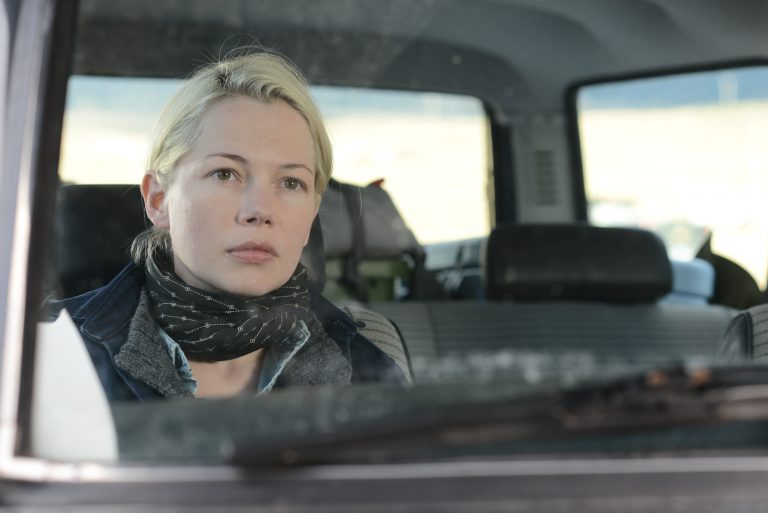
Further demonstrating her dactylitic mastery of the form, writer/director Kelly Reichardt (Wendy and Lucy) continues her neorealist reconnaissance of contemporary American life with Certain Women. Adapting and interconnecting several short stories from Maile Meloy’s 2009 anthology “Both Ways is the Only Way I Want It”, three women (Laura Dern, Kristen Stewart, and Reichardt regular Michelle Williams) in small-town Montana stay the course in separate stunning and interconnecting struggles.
Dubbed by Senses of Cinema scribe Sam Littman as “The poet laureate of the Pacific Northwest,” Reichardt once again proves to be a patient, powerful, and luminous auteur, compassionately capturing the tangled and sometimes torturous emotional expanses –– namely loneliness and bereavement –– via flawed and occasionally Delphic women. Tiny but imperative victories and workaday tenacity rests at the soft-touch crux of Certain Women, and while some of the ambiguity will estrange some viewers, the frequent flashes of brilliancy and nuance will deeply satisfy the adventurous as well as her devoted rabble. This is a measured masterpiece from a refined and elegant original filmmaker.
7. The Love Witch (2016)
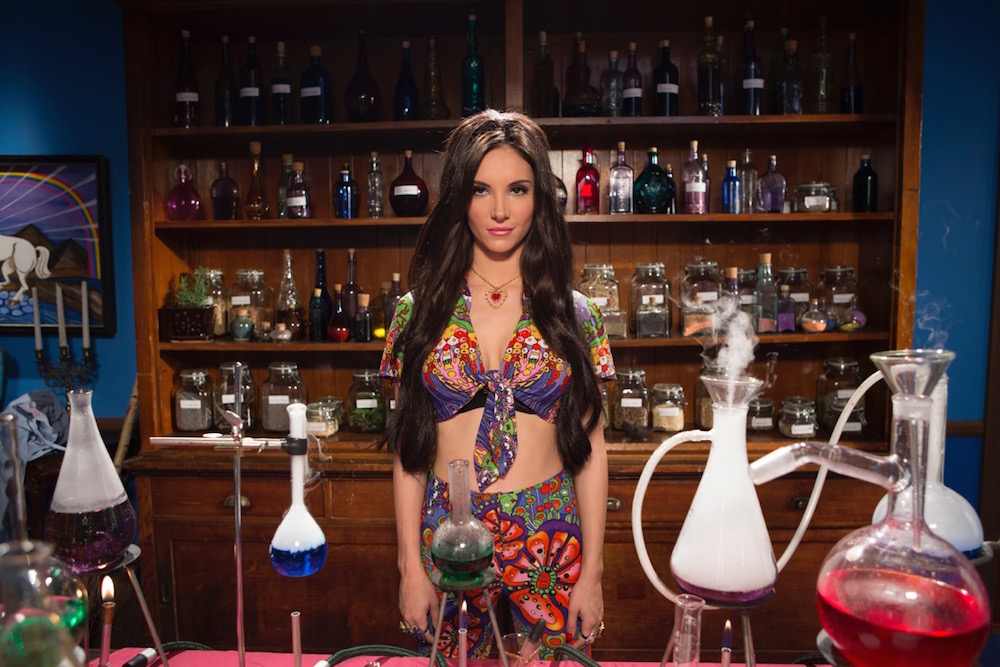
LA-based filmmaker Anna Biller (A Visit from the Incubus, Viva) offers up a delightfully macabre exercise in sassy seduction and strange, vintage sensations that feels like it was made in another era but adorned with bracingly modernistic designs. The Love Witch is stunning to see and thrilling to think about as it throws back to the bygone Technicolor melodramas of the swinging 60s and then gestures somewhat towards the sexploitation cinema that supervened thereafter. Starring a smashing Samantha Robinson, looking like a dazzling and dangerous dream from Hollywood’s Golden Age, is note-perfect as Elaine, the eponymous witch.
Beautiful but bloodthirsty, Elaine is determined to find the man of her dreams and will cast spells and brew strange potions to manipulate all who are around her until she finds her ideal muse, even if her emotional stability and mental health are in constant question.
Biller’s inspired and kaleidoscopic set design, sumptuous costumes, and deliberately superannuated aesthetic is a crafty coup de cinema, combined with an accurate knowledge of the occult and an excellently effective soundtrack that makes The Love Witch a ravishing and ineffable entertainment.
6. Horse Money (2015)
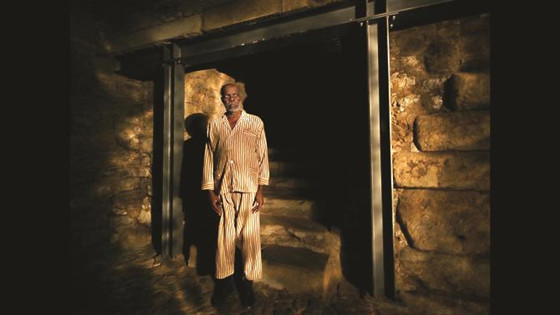
Celebrated Portuguese filmmaker Pedro Costa (Vitalina Varela) presents a nocturnal portrait of pain and piety blurs the line between documentary and fiction in the most fabulist of ways in his 2015 film Horse Money. Hazy, half-remembered hospitals and chiaroscuro apartment blocks beckon the viewer into modern day Lisbon and the life of a Cape Verdean survivor known only as Ventura (the actual nom de plume of Costa’s go-to leading man, in this, their sixth film together).
Costa and his genius cinematographer Leonardo Simões (Colossal Youth) chronicle Ventura’s Joycean transmigration, a nighttime sojourn that doubles as an eloquent and memorable portraiture that’s as hypnotic as it is lamenting. It may not be feel-good, but it feels mighty, and looks like a dark and unremitting dream.